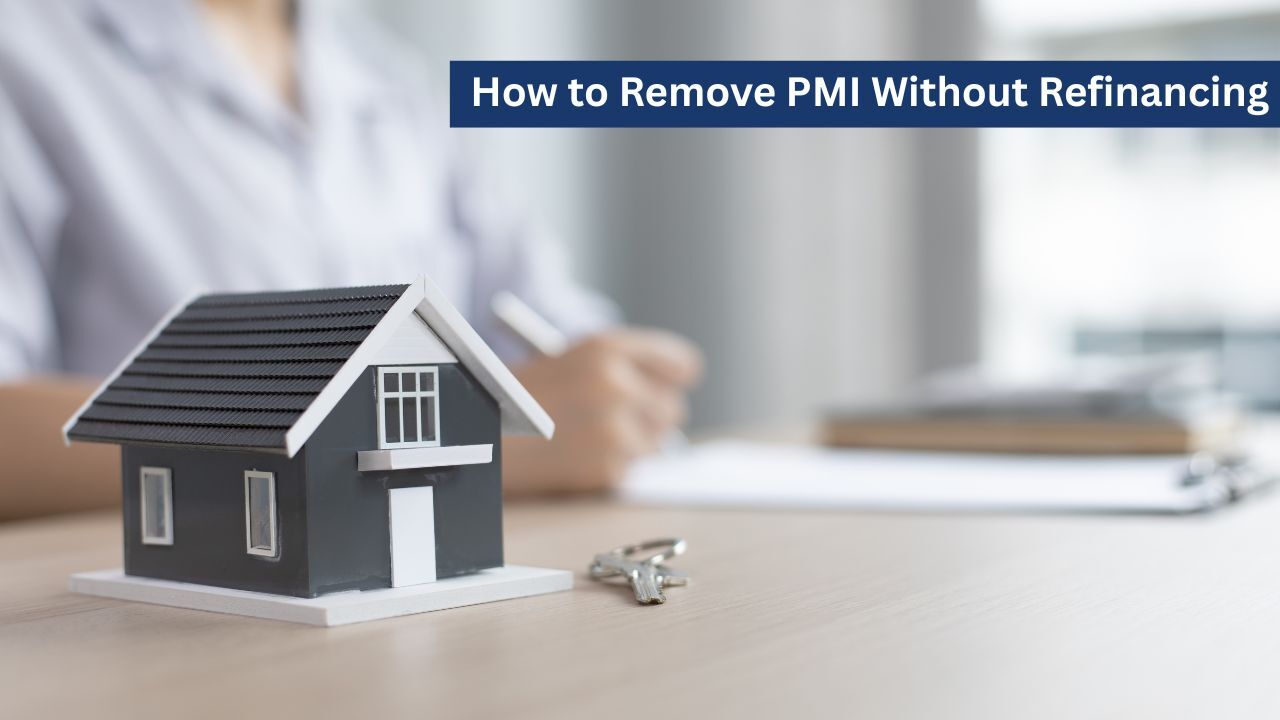 Private mortgage insurance, or PMI, is often required when a homebuyer makes a down payment of less than twenty percent. While PMI helps lenders reduce risk, it adds extra cost to your monthly mortgage payment. The good news is that you may be able to remove PMI without refinancing your loan. Understanding the options available can help you save money and accelerate building equity in your home.
Private mortgage insurance, or PMI, is often required when a homebuyer makes a down payment of less than twenty percent. While PMI helps lenders reduce risk, it adds extra cost to your monthly mortgage payment. The good news is that you may be able to remove PMI without refinancing your loan. Understanding the options available can help you save money and accelerate building equity in your home.
Understand When PMI Can Be Removed
Federal law, specifically the Homeowners Protection Act, requires lenders to automatically cancel PMI once your loan balance reaches eighty percent of the original home value. You can also request cancellation when you believe you have reached this threshold through paying down the loan or if your property has appreciated in value.
Request PMI Cancellation Through Your Lender
If you have built equity to at least twenty percent of the home’s original purchase price, you can formally request that your lender remove PMI. To do this, you typically need to submit a written request and may have to prove the home has not declined in value. Your lender may require a home appraisal to confirm current value.
Use Home Appreciation to Your Advantage
If your property value has increased significantly since purchase, you might qualify for PMI removal sooner. A professional appraisal can demonstrate this increase in equity. Keep in mind that lenders generally want to see that you have at least twenty percent equity in the home before canceling PMI.
Make Extra Principal Payments
Consider Loan Recast if Available
Some lenders offer loan recasting, which recalculates your monthly payments based on your current loan balance after a lump sum payment. While recasting does not remove PMI by itself, lowering your principal faster can bring you closer to that twenty percent equity goal.
Stay Informed and Keep Documentation
Keep track of your loan balance, home value, and payment history. Staying informed empowers you to know when you are eligible to request PMI removal. Document all communications with your lender to avoid misunderstandings.
Consult Your Mortgage Professional
Every loan and lender may have different rules regarding PMI removal. Working with your mortgage expert can help you understand your specific loan terms and options. They can guide you through the process and help you make decisions that save you money.
Removing PMI without refinancing is a smart way to reduce your monthly expenses without the cost or hassle of a new loan. By monitoring your equity and staying proactive, you can enjoy greater savings and faster progress toward full homeownership.
 If you’ve owned your home for a few years, chances are you have built up equity, maybe more than you realize. But what exactly is home equity, and how can you use it to build wealth, reduce debt, or increase financial flexibility?
If you’ve owned your home for a few years, chances are you have built up equity, maybe more than you realize. But what exactly is home equity, and how can you use it to build wealth, reduce debt, or increase financial flexibility?